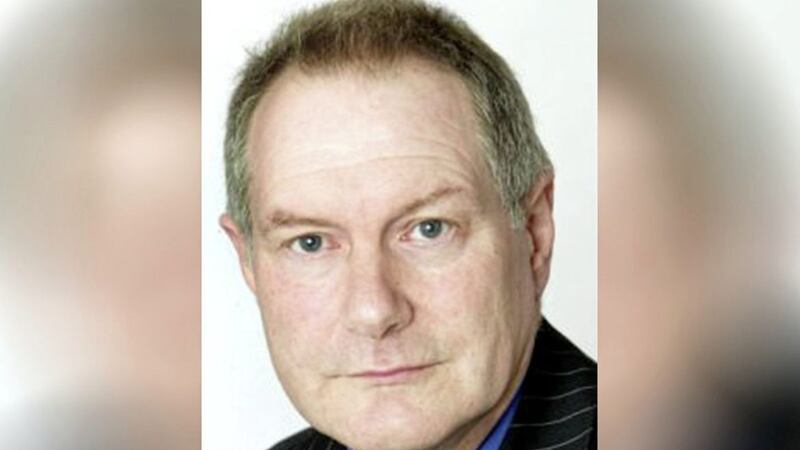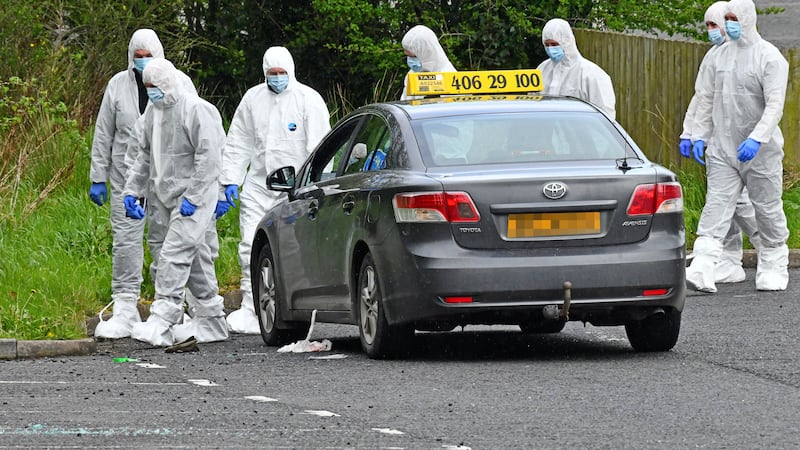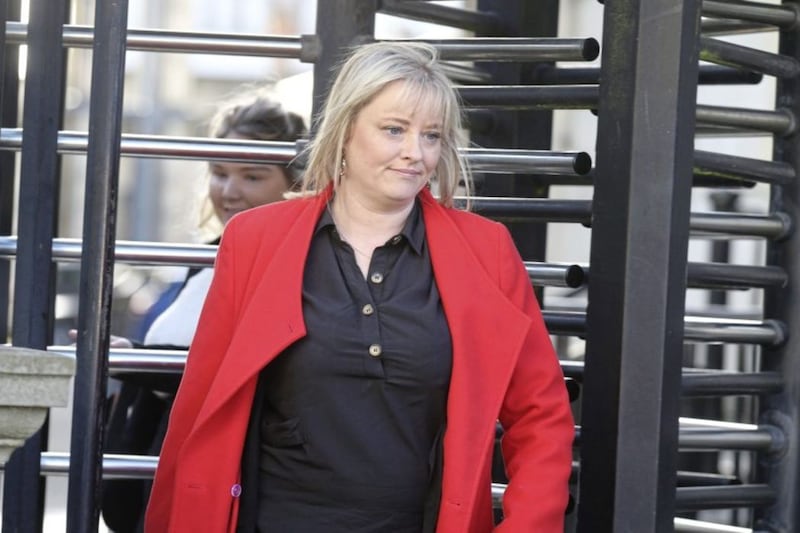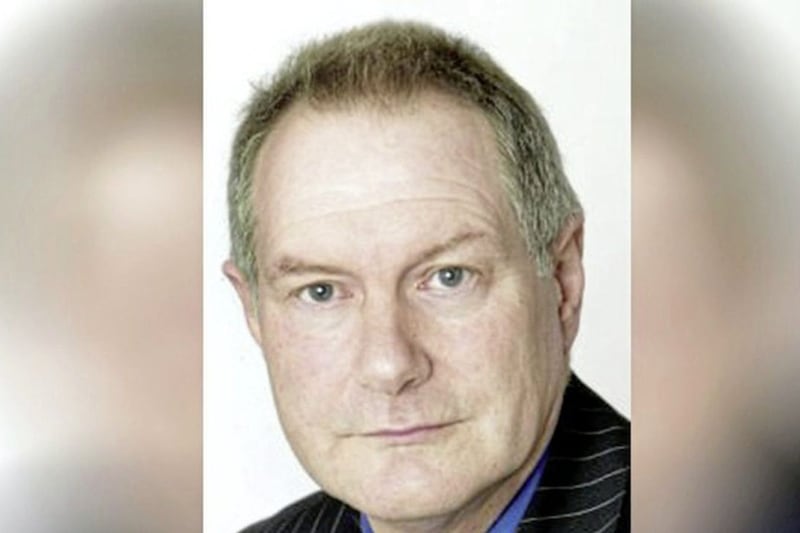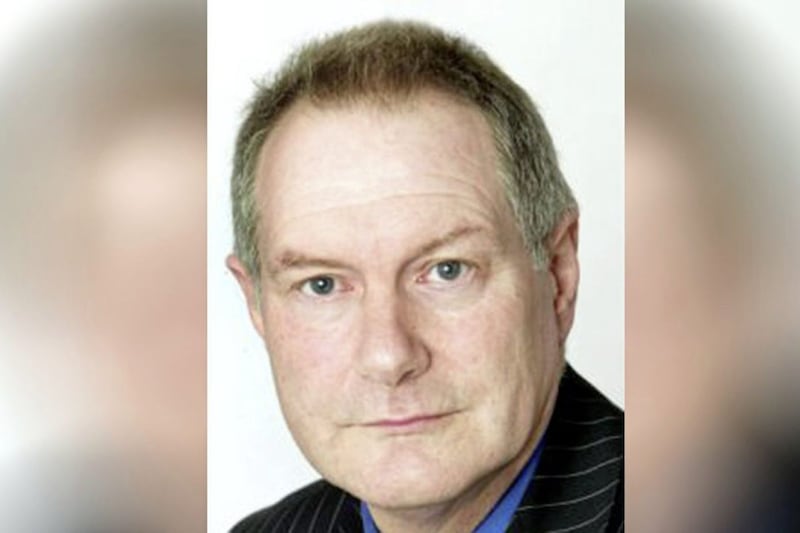PROMINENT British journalist Roy Greenslade, who wrote for An Phoblacht during the Troubles, has explained why he supported the IRA's campaign.
Mr Greenslade, who now lives in Co Donegal, is a former news editor with The Sunday Times and has worked on other major British titles including the Daily Mirror and Sun.
A member of Sinn Féin, he used the pseudonym George King when writing for the republican publication.
He also stood surety for John Downey following the Hyde Park bombing in 1982, which resulted in the deaths of four British soldiers and seven horses.
Writing in the British Journalism Review, Mr Greenslade said he opted to address the issue of his "covert political beliefs" because of references made by critics to his "supposed 'exposure'" as George King.
He claimed his interest in Irish politics coincided with the outbreak of the Troubles in 1968.
"For a young man from London with zero knowledge of Ireland, including the fact that the country had been partitioned, events in the six northern counties made no sense," he wrote.
"I was not alone."
Mr Greenslade said that after a visit to Derry and learning about gerrymandering he was convinced of the civil rights argument.
He later became friends with for Sinn Féin MP Pat Doherty and said that Bloody Sunday was a turning point for him.
He also spoke of his "outrage" at the way Margaret Thatcher handled the 1981 hunger strike and revealed he keeps a picture of Bobby Sands, the first of ten republicans to die.
"Above my desk, I put up a photo of the first of the 10 to die, Bobby Sands, and it has remained there ever since.
"I regard him as a hero, as I do all of them."
Mr Greenslade said his contributions to An Phoblacht were irregular adding that Britain was "dragging its heels over the IRA's clear wish to make peace".
""I do not regard it as dishonest to have written covertly in opposition to the editorial stance of the papers for which I have worked," he said.
"It was sensible and pragmatic."
